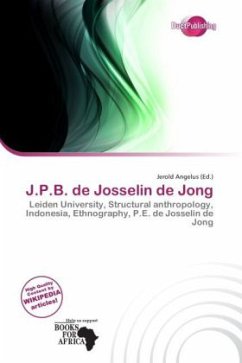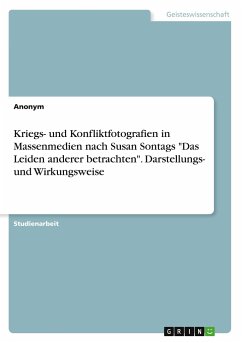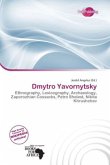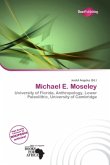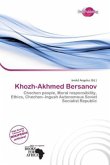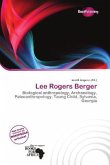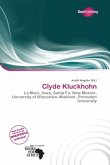Please note that the content of this book primarily consists of articles available from Wikipedia or other free sources online. Jan Petrus Benjamin de Josselin de Jong (13 March 1886 15 November 1964) was a founding father of modern Dutch anthropology and of structural anthropology at Leiden University. In his early career, he was a museum curator. His area of specialty was American and Indonesian ethnography. He held two anthropology chairs at Leiden University, the first a chair in general ethnology (1922-1935); the second a chair in general ethnology and Indonesian ethnography (1935-1956). His nephew, Patrick Edward de Josselin de Jong succeeded him on the second chair in 1957. In 1928, he held an important lecture on "The Natchez Social System' in New York and his students founded the Ethnological Society W.D.O. (Dispuut). In 1952, he gave a commentary on Claude Lévi-Strauss's theory of kinship and highlighted the significance of double descent or bilinealism in explaining some of the features of affinal arrangements which Dutch ethnologists had previously researched in Indonesian related subjects. Jan Petrus Benjamin de Josselin de Jong, after an industrious career as Professor of Cultural Anthropology in the Leiden University, retired in 1956. He died in 1964.
Bitte wählen Sie Ihr Anliegen aus.
Rechnungen
Retourenschein anfordern
Bestellstatus
Storno

